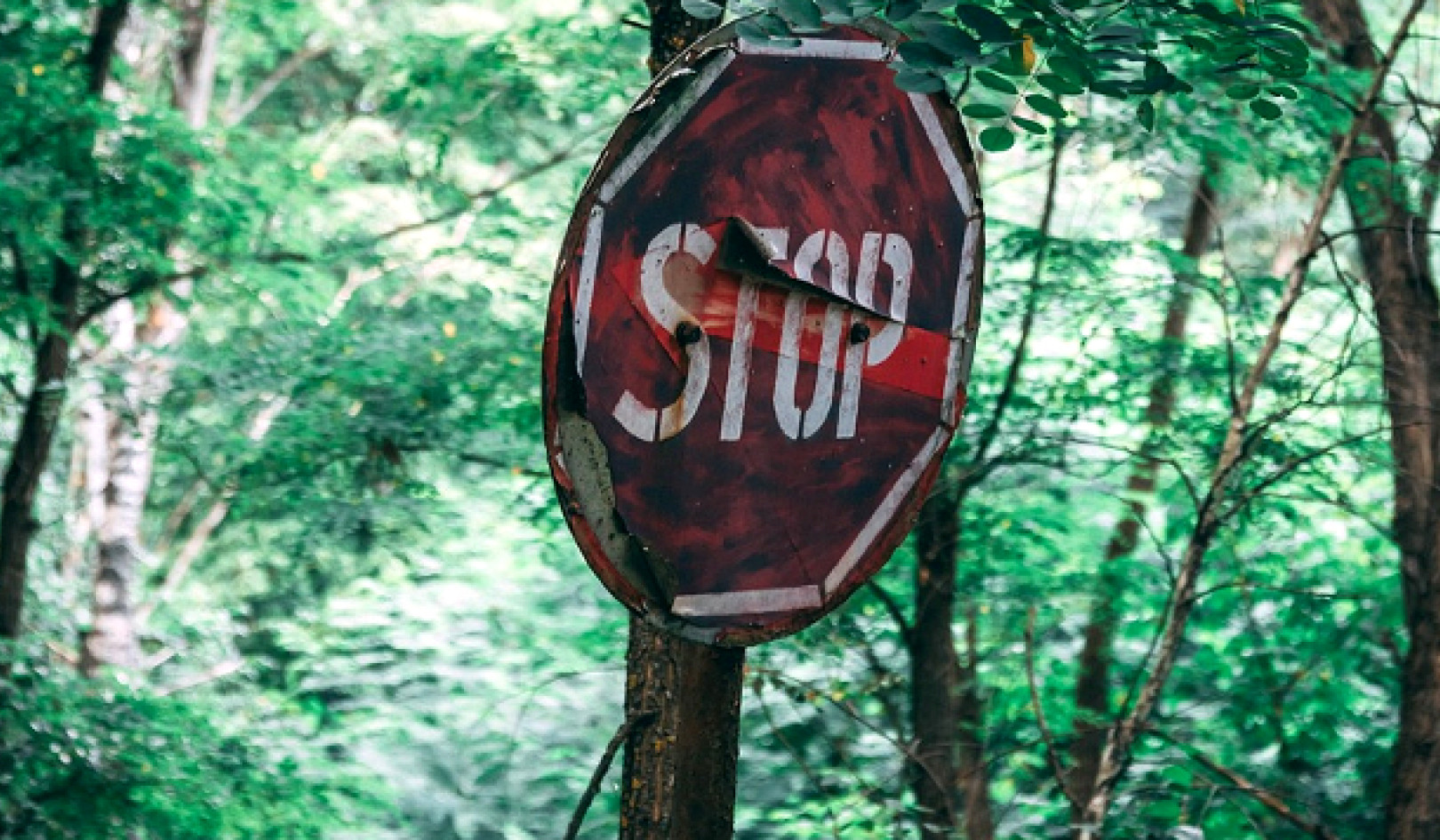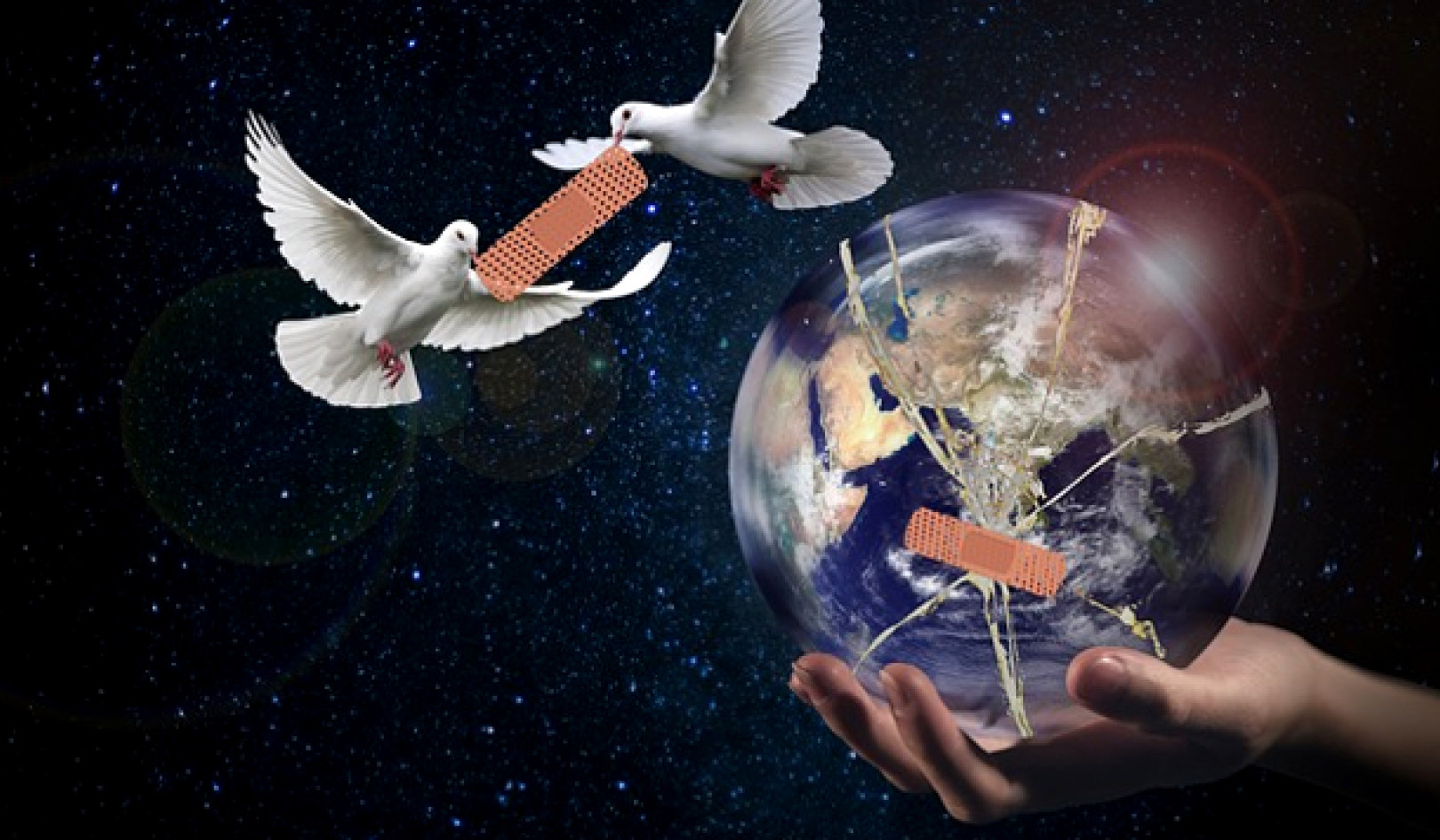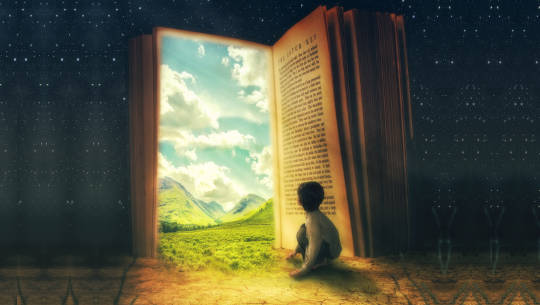
Image by Anatoly777
Although I believe we now stand on an evolutionary threshold, that we must envision maps and methods for an unprecedented planetary voyage, we might still wonder why earlier variants of the journey of soul initiation — where they existed — disappeared from most cultures.
I have suggested that one reason the journey of soul initiation (or its precursor) has been lost for so long is because it has become nearly impossible for people in egocentric societies to even understand what it is: Once forgotten for a few generations, it’s hard to later identify as having ever existed. But there are other, deeper reasons.
The loss has its roots in environmental and cultural changes that began six to ten thousand years ago, including climate change (the end of the last ice age), the advent of agriculture and private property, population growth, and the exploitation of people and resources.
A New Form of Adolescent Pathology
Let’s consider just one strand: With the development of agriculture, a new form of Adolescent pathology became possible, a pathology that begins with greed and eventuates in hoarding, domination, and violence.
Before agriculture, there was little to hoard because there was little material surplus. Among hunter-gatherers, no one within the tribe was significantly wealthier (in a material sense) than anyone else. The tribe’s survival depended primarily on cooperation among its members.
However, with the advent of agriculture and farming — the domestication of selected animal and plant species — came, inevitably, the pathogenic notion of personal property and the inexorable outcome that some people would conclude that hoarding things for themselves is a good idea.
In order to remain healthy, a tribe had to develop social, educational, and spiritual methods to assure that most of its members would grow into true Adulthood — and that the immature ones among them would never attain significant social or economic power. Some tribes succeeded at this and some did not.
The Beginning of the End
Once a tribe produces a single individual determined to hoard and able and willing to use lethal force to do so, the cultural fabric of that society begins to unravel. To protect themselves, other individuals hoard as well. The tribe becomes increasingly materialistic, competitive, anthropocentric, and violent — and disconnected from the natural world in which everything shares freely with everything else and there is no waste. Economic-class structure and slavery soon follow.
Before long, the ruler of such a tribe (a patho-adolescent individual, most likely male) decides that raiding other tribes for their crops, animals, people, land, waters, and other “wealth” would be another good idea. This is the beginning of empire.
As Andrew Schmookler explains in The Parable of the Tribes, the neighboring communities now have four options: Be exterminated, be conquered and assimilated, become aggressive and warring themselves, or flee. That, in a nutshell, is the human cultural history of our planet over the past several thousand years.
By the twentieth century, most societies had come under the control of egocentric Adolescent leaders (tyrants, plutocrats, and oligarchs) who altered cultural traditions, social practices, and societal structures in ways that enhanced their ability to dominate and to accrue and hoard wealth.
Historically, the single most devastating cultural disruption used by tyrants has been to undermine the traditions, knowledge, symbols, languages, and myths that support people to mature into true Adults and Elders. The practices and ceremonies for soul initiation were suppressed, outlawed, or brutally extinguished. Soul-initiation guides were murdered.
Abolishing and eradicating the initiatory journey and those who guide it profoundly compromised human development for that society. This disruption of the natural course of human maturation was and still is a central aim of dominator societies for the simple reason that children and psychological early Adolescents (of any age) are much easier to control and dominate than Wanderers, Adults, and Elders.
In the last century, this process of cultural degradation and greed-rooted empire building reached its inevitable culmination, and in two ways. First, most societies in the world have now been assimilated within the modern dominator model of culture: the global industrial growth society, or what I call consumer-conformist culture. There are very few places left on Earth for healthy, partnership societies to live in peace. (There might be a few yet remaining in the most remote corners of the planet.) Second, consumer-conformist culture now threatens most species, including our own, with extinction.
Greed: A Pathology That Blocks Maturation
In many societies, even healthy ones, greed is a common trait for lots of people — in early childhood, that is. If still present to any significant degree in middle childhood, it is a sign of developmental problems (and family dysfunction). If it persists into early Adolescence, it becomes a pathology that blocks further psychological and social maturation.
What might begin as an ordinary feature of human childhood can eventually become, if embodied in a community leader or head of state, a societal crisis of the most dire sort. If that leader is not removed, his or her pathological greed and egotism become the ruin of that society, a result we are seeing all over the globe at the time of this writing — and potentially the ruin of the entire Earth.
What’s needed to prevent (or reverse) such scenarios are true Adults and Elders and the cultural practices and systems they provide for supporting the psychosocial maturation of all their people (including that of voters, a vital concern in a democratic society because politicians, on the whole, are no more mature than the people who vote for them).
It might not be too simplistic to say that greed is the challenge and love is the answer. As a species, we are now faced with the global opportunity and necessity to form compassionate partnerships with all beings (human and otherwise) with whom we share our small planet — or perish. Most importantly we must now reinvent maps and methods for the journey of soul initiation — so we’ll have the Adults and Elders we need to guide us.
The Journey of Soul Initiation in Western Traditions
If we look carefully, we can find signs that the journey of soul initiation — or a forerunner — may have existed for millennia in our own Western traditions. We might carefully investigate the nature of Moses’s time on Mt. Sinai, Jesus’s forty days in the desert, or Muhammad’s time in the cave near Mecca. Something like the Descent to Soul might be detected, if you know how to look, in such Western habitats as Greek myth and rites (the Eleusinian mysteries, for example), the Arthurian legends, the sacred mythologies of the Celtic-speaking peoples, and the mysteries and occult processes of the medieval alchemists.
While you’re at it, examine closely the written works of the fourteenth-century Italian Dante Alighieri, the nineteenth-century Englishman William Blake, or his German contemporary Johann Wolfgang von Goethe. More recently, consider the “confrontation with the unconscious” identified and solo-navigated by Carl Jung or the descent to the goddess portrayed by Jungian therapist Sylvia Brinton Perera.
Reflect on “the descent into our pre-rational, our instinctive resources” that Thomas Berry urged, or his concept of “in-scendence” as the alternative now needed to transcendence. Consider, too, the works of authors D. H. Lawrence, Herman Hesse, and Ursula Le Guin (especially her Earthsea Cycle); poets Coleridge, Wordsworth, Rilke, Yeats, Eliot, Manley Hopkins, William Stafford, Mary Oliver, and David Whyte; psychologists, in addition to Jung, such as Robert Johnson, James Hillman, Marion Woodman, Jean Houston, James Hollis, and Clarissa Pinkola Estés; and contemporary mythologists such as Michael Meade and Martin Shaw.
With each instance, however, I encourage you to ask: Does this really involve soul-initiation practices and experiences? Does it encompass some version or variation of the five-phase process I describe as the Descent to Soul? Or is it something with only intriguing similarities? With the written works, do they offer mere allusions to or an intimation of or a theoretical reference to soul initiation or the Descent, or do they describe actual living enactments of initiatory practices? Does this experience, tradition, legend, or treatise provide both a detailed map of the Descent and a set of specific practices for navigating it? Or even just one or the other?
Although not definitive, even collectively, the above examples [,,,] suggest to me that what I call the journey of soul initiation — or something like it, or an ancestor of it — had at one time been a core element of most or all cultures.
On the other hand, I believe the initiatory practices we need now for cultural renaissance and human evolution are in vital ways unprecedented, something never-before-seen — different in structure and destination as well as in methods.
We must re-vision the journey of soul initiation in ways that fit who we are now and the threshold upon which we find ourselves standing.
©2021 by Bill Plotkin. All Rights Reserved.
Reprinted with permission of New World Library, Novato, CA.
www.newworldlibrary.com or 800-972-6657 ext. 52.
Article Source
The Journey of Soul Initiation: A Field Guide for Visionaries, Evolutionaries, and Revolutionaries
by Bill Plotkin, Ph.D.
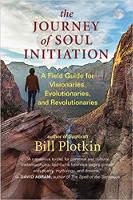 Soul initiation is an essential spiritual adventure that most of the world has forgotten — or not yet discovered. Here, visionary ecopsychologist Bill Plotkin maps this journey, one that has not been previously illuminated in the contemporary Western world and yet is vital for the future of our species and our planet.
Soul initiation is an essential spiritual adventure that most of the world has forgotten — or not yet discovered. Here, visionary ecopsychologist Bill Plotkin maps this journey, one that has not been previously illuminated in the contemporary Western world and yet is vital for the future of our species and our planet.
Based on the experiences of thousands of people, this book provides phase-by-phase guidance for the descent to soul — the dissolution of current identity; the encounter with the mythopoetic mysteries of soul; and the metamorphosis of the ego into a cocreator of life-enhancing culture. Plotkin illustrates each phase of this riveting and sometimes hazardous odyssey with fascinating stories from many people, including those he has guided.
Info/Order this book. Also available as a Kindle edition.
About the Author
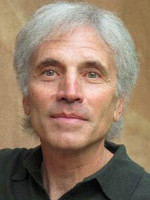
Bill Plotkin, Ph.D., is a depth psychologist, wilderness guide, and agent of cultural evolution. As founder of western Colorado’s Animas Valley Institute in 1981, he has guided thousands of seekers through nature-based initiatory passages, including a contemporary, Western adaptation of the pan-cultural vision fast. Previously, he has been a research psychologist (studying non-ordinary states of consciousness), professor of psychology, psychotherapist, rock musician, and whitewater river guide.
Bill is the author of Soulcraft: Crossing into the Mysteries of Nature and Psyche (an experiential guidebook), Nature and the Human Soul: Cultivating Wholeness and Community in a Fragmented World (a nature-based stage model of human development through the entire lifespan), Wild Mind: A Field Guide to the Human Psyche (an ecocentric map of the psyche — for healing, growing whole, and cultural transformation), and The Journey of Soul Initiation: A Field Guide for Visionaries, Evolutionaries, and Revolutionaries (an experiential guidebook for the descent to soul). He has a doctorate in psychology from the University of Colorado at Boulder.
Visit him online at http://www.animas.org.























